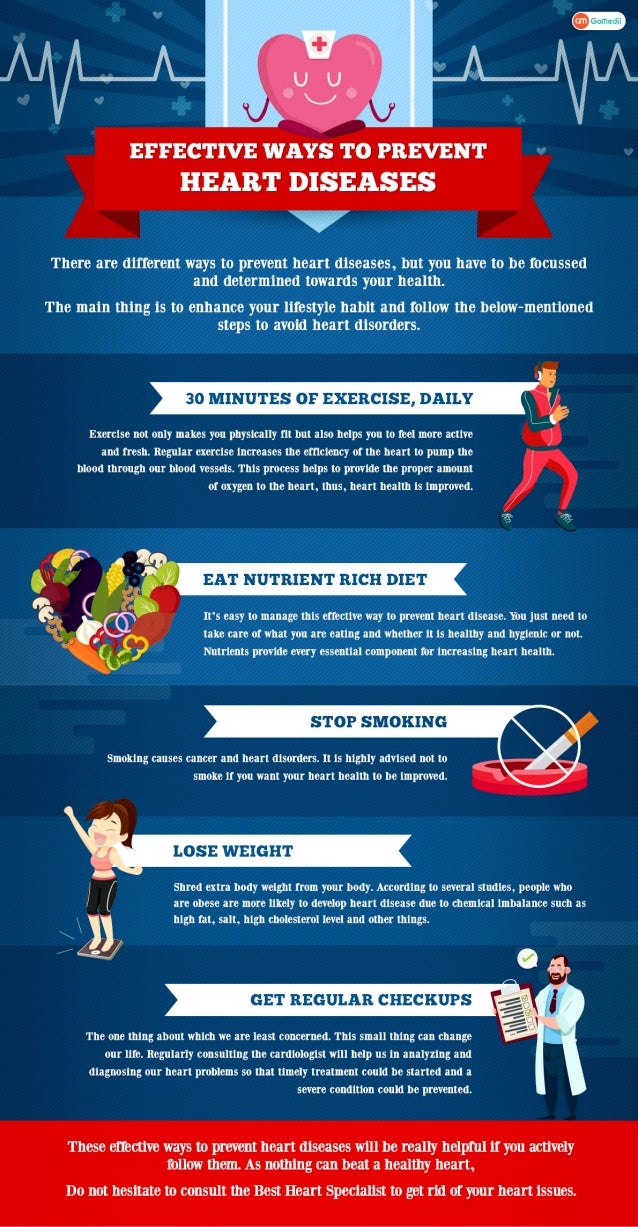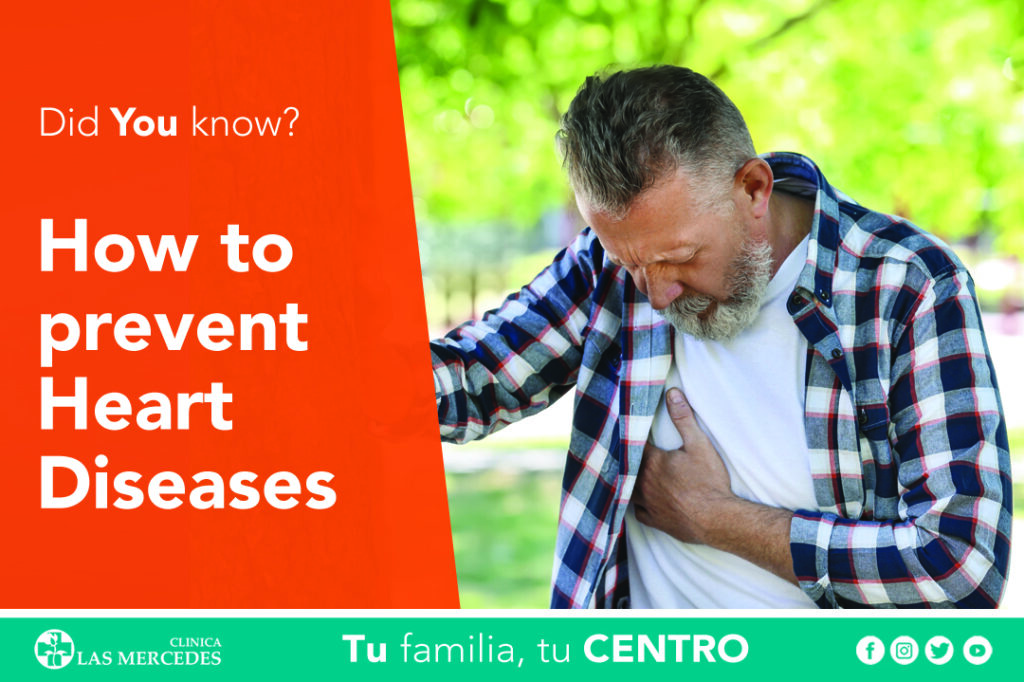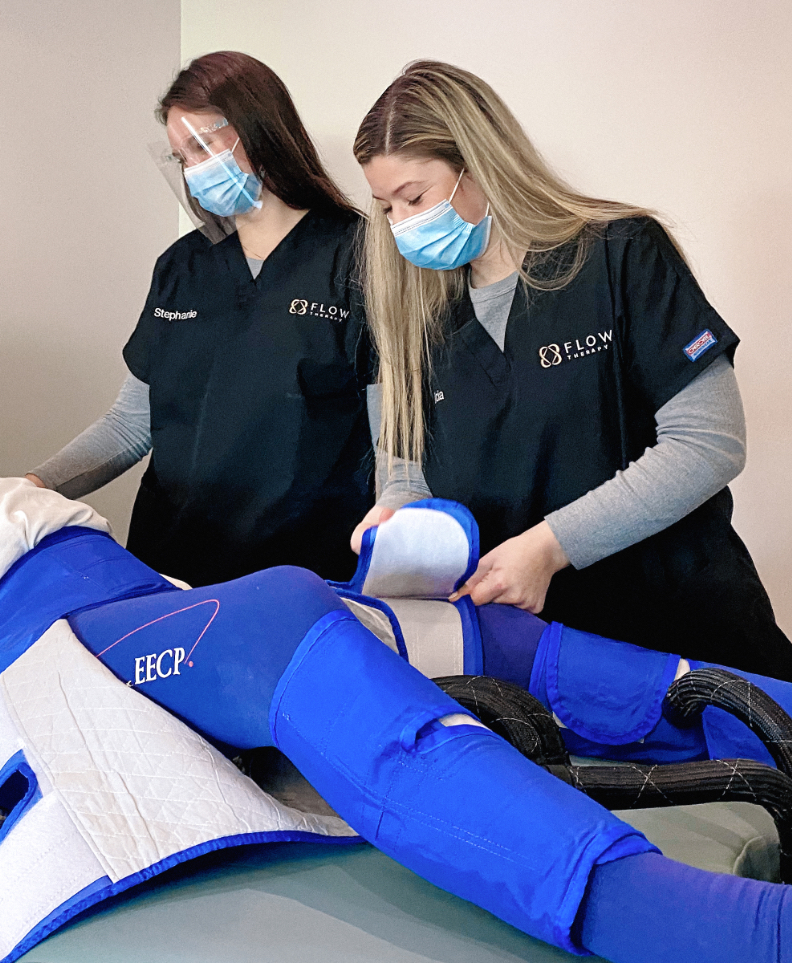Nice Tips About How To Overcome Heart Disease

It helps cut your chances of getting heart disease.
How to overcome heart disease. While the majority of cardiac events can be prevented, cardiovascular disease is the leading cause of death in women, claiming the lives of 1 in 3 women. Following an appropriate exercise program. Heart disease describes a range of conditions that affect the heart.
5 medical appointments you should stop putting off. There are several ways you can reduce your risk of developing coronary heart disease (chd), such as lowering your blood pressure and cholesterol levels. Eat more protective foods like.
This should include plenty of fruit and vegetables, whole grains, lean. Talk to your health care provider to confirm the best treatment plan. Exercising for as little as 20 minutes a day can decrease inflammation.
When you’re still conscious, take a normal dose of aspirin (325 milligrams) if you have one on hand. Smoking is considered one of the key risk factors for heart attack. Researchers recently found that high levels of a common b vitamin called niacin in the body may contribute to cardiovascular disease.
Don't smoke or use tobacco. Be physically active. A balanced diet is crucial to a healthy heart and circulation system.
One of the best things you can do for your heart is to stop smoking or using smokeless tobacco. Regular exercise, especially aerobic exercise, is one of the best things you can do for yourself. A primary care provider can help you find out what these measurements are now, how.
Heart disease can be improved — or even prevented — by making certain lifestyle changes. Care at mayo clinic.
It's good for your blood. Chemicals in tobacco can damage the heart and. Aspirin works by slowing the blood’s ability to clot.
One of the first steps in preventing cardiovascular disease is examining your diet. If you have concerns about your future because you have heart. A good way to start strengthening your heart is carving out 75 minutes or more per week of vigorous aerobic activity or 150 minutes or more per week of moderate.
Also steer clear of secondhand smoke. Even if you're not a smoker, be sure to stay away from secondhand smoke. Quit smoking—or better yet, never start.






:max_bytes(150000):strip_icc()/ways-to-prevent-congestive-heart-failure-3859866-Final-618f35bb132a421cbaf6f49a4077c9de.jpg)











